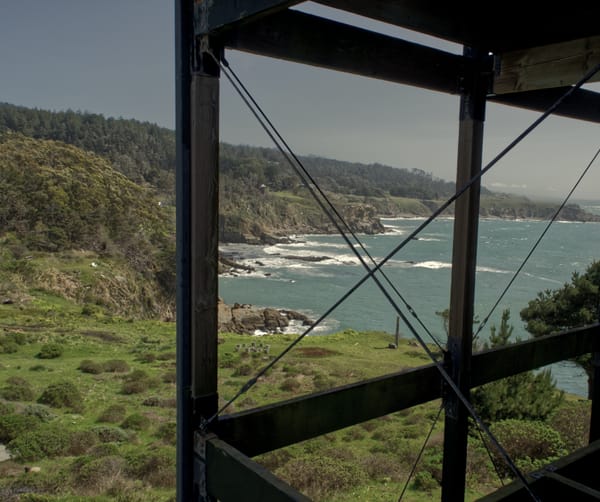
Today I'm introducing a new part of Contraption Company: Essays covering thoughts and opinions on online work, dependability, tools, and craft.
My name is Philip, and I'm the founder and owner of Contraption Company. I started this company as an idea in February 2020. I tinkered part-time on some projects within it for over three years, but knew I would need to focus on the company full-time to make meaningful progress. So, in July 2023 I took the plunge and began working on Contraption Company full-time.
I've built multiple venture-backed startups. The venture capital portfolio model assumes that a small number of companies have outsized success, and that the rest fail. While this model has produced FAANG, I feel that most VC-backed startups are ephemeral. The reality is that investors expect startups to shut down - so it's the customers who are left surprised and scrambling to recover. I've tried to avoid outright shutdowns in the past by open-sourcing my first company when it closed shop and helping customers self-host the software, and by supporting my company Moonlight after it sold (and sold again). But increasingly today, customers of technology businesses need to adjust for risk when deciding which businesses to depend on.
As a founder, it's tough to shift professional focus after working so intently on the same thing for many years. But it's also a shift in identity. You become personally invested in what you are building and its mission. Many venture-backed startups fall into a zombie state as the company runs out of funding and founders can’t earn enough money to repay investors, leaving them to die slowly. Even selling a company means limited success and a shift in focus - and sometimes a noncompete clause limiting what you can work on next.
I'm building Contraption Company to be different. It's not a startup — it's a software company. It has raised no money, because it operates on a longer timescale than VC. It has no team beyond me and some contractors. And, it's built to be a stable vendor for customers - not a high-growth startup taking double-or-nothing risks every few months.
Following the Perez Framework, technology started "cool" and innocent, but matured into a pillar of our economy and of our lives. With that shift, society realized that technology can have downsides - such as surveillance, addiction, and anti-competitive practices.
The zeitgeist has shifted against technology companies, believing they must have negative intentions and impacts. But, I disagree - I am still an optimist about technology, and I think it can improve people's lives, not just their productivity. Part of that problem is incentives - as soon as a product has any traction, VCs load it with a trunk of money, and then expect rapid growth until an IPO. In my experience, this often leads to bad behavior, competitive working environments, and degrading product quality. I think there is a better way.
I'm building Contraption Company with dependability as the core principle - software built with sustainability, transparency, and craftsmanship. My last company helped technology companies adopt remote work. My next belief is that asynchronous work will be the next major work trend to follow remote work. To enable knowledge work without meetings and constant chat, Contraption Company's products focus on calm communication — ensuring that we sustain flow states in our work.
For the past year, I've been building products in that different way. Postcard is a personal website builder that helps people establish an identity and communication channel independent of social media network. And, Booklet is a modern email group software that serves as a focused alternative to real-time chat products. Both of these products embody Contraption Company values.
True to the values of open protocols, I've decided to share this writing here on a blog, with open email subscriptions and RSS feed. I'm focusing on long-form content, in a written form. Until now, Contraption Company has appeared as a simple holding company for its products. But, I hope to share how the way it makes products is as important as the products themselves.
If you'd like to follow along, put your email below, or follow the RSS feed.


